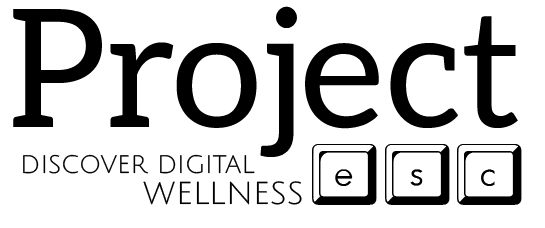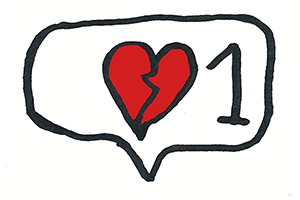Being so connected can be beneficial, but there are downsides

The internet was first envisioned as a way to share computer power, while the World Wide Web was invented for scientists and academics to quickly share their research. It wasn’t until the mid-1990s, when more people had access to the internet, that we began to realise its potential for changing the world. Even then, expectations were mainly optimistic, even utopic. Nicholas Negroponte of MIT predicted that the Internet would “flatten organizations, globalize society, decentralize control, and help harmonize people.”
Certainly, the internet has globalized society. It allows everyone a voice and gives us all the chance to hear one another. The web ought to be the ultimate discussion and problem-solving forum, and in some ways it is. The internet can be great at informing us. We have pooled our knowledge to create vast databases like Wikipedia. 90% of all existing data was created in the last two years. When you want to know the answer to a question, you Google it.
Similarly, it can be great at connecting us and encouraging discourse. People who would never have met in the real world can speak to each other and discover different viewpoints and perspectives. 49% of humans can be reached online. It has helped people foster friendships and 1 in 4 people now socialise more online than in real life.
But the utopia that was promised has not come about, because the internet is just as capable of doing bad as doing good. It all depends on how we use it.
While the internet can help to spread information, unhelpful or false information gets shared just as quickly as the useful stuff (in fact, the evidence suggests it moves faster). Anonymity makes it impossible to tell an informed, expert opinion from someone making things up. It’s not easy to tell which websites to trust, especially when it comes to contentious issues such as politics. A lot of medical information on the internet is also deeply dodgy – online self-diagnosis has a lower than 50% accuracy rate.

Furthermore, while the internet has made it easier for people to talk to each other, it often appears that it is instead used to talk at one another. More Internet commenters post with the intention of correcting a perceived error than with the aim of adding to a discussion. Civil discourse seems to be the exception, rather than the rule. Anger is the default emotion online and people are rarely prepared to listen to each other with an open mind. When you have time to write out your thoughts in a lengthy monologue it is easier to become more attached to and defensive of your point of view.
The internet is here to stay. We can never put it back in the box and we don’t want to. While more people now think of the Internet as a mixed blessing, 70% of Americans still view it as a force for good in society. Trying to go backwards is not the answer to the internet’s challenges. Instead we need to think about our use of it and not take it for granted as an unchanging constant presence – the Internet’s role in our lives is constantly changing. As technology marches onwards, it’s our responsibility to keep up.





